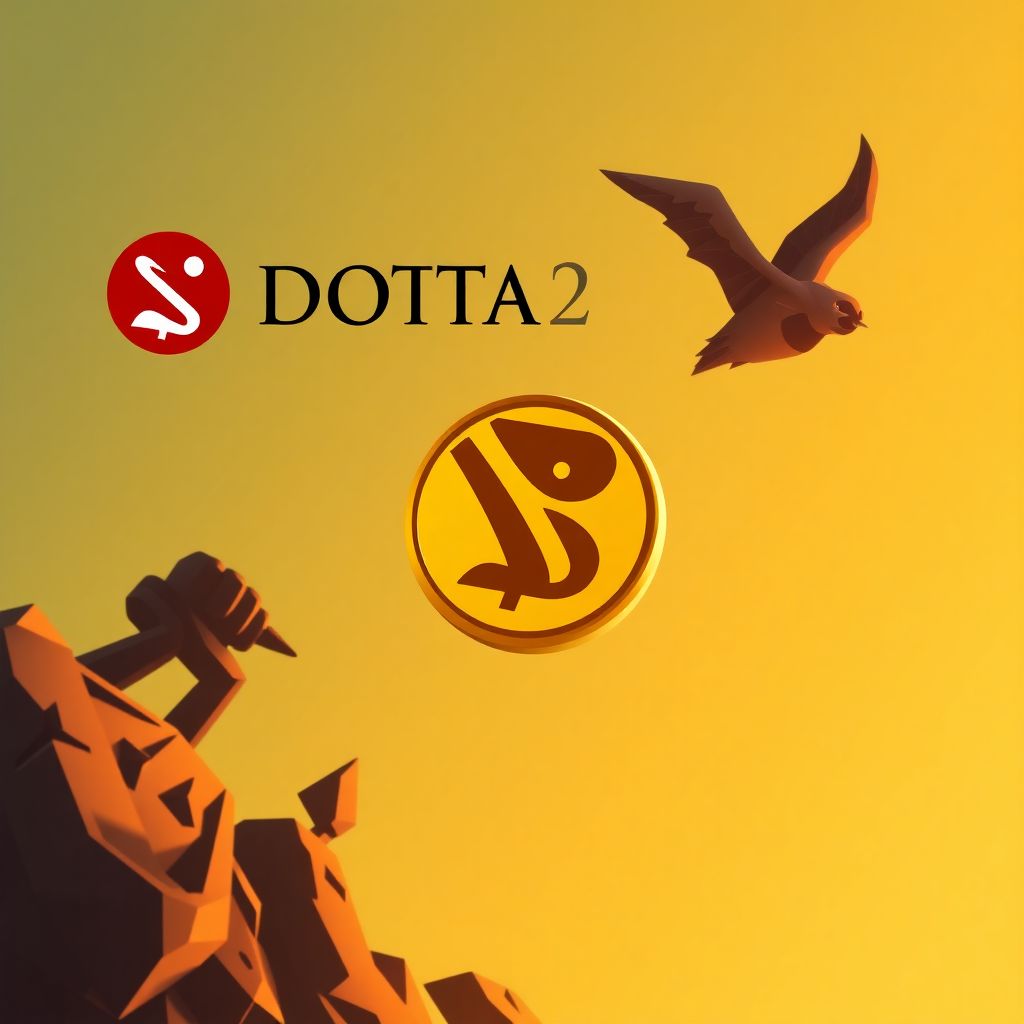The official YouTube account of Dota 2, the popular multiplayer online battle arena game developed by Valve, was briefly taken over by hackers in a targeted cyberattack. The perpetrators used the platform to promote a fraudulent Solana-based meme cryptocurrency named “dota2coin,” leveraging the game’s large audience to orchestrate what appeared to be a classic pump-and-dump scheme.
The unauthorized activity was carried out through a livestream video that mimicked official promotional content, titled “Dota 2 Launch Official Meme Coin | Hurry Up.” The video included a link to a PumpFun token, a tool commonly used in crypto circles to quickly create and list meme coins. Interestingly, the coin’s page also linked back to the official Dota 2 YouTube channel, adding a layer of deceptive legitimacy to the scam.
Although the breach was relatively short-lived and the video was quickly removed, it raised concerns about the security of high-profile YouTube accounts. At the time of the incident, there was no evidence suggesting that user data or personal information had been compromised. The hack seemed focused purely on exploiting the channel’s visibility to drive traffic and financial activity toward the meme coin.
Decrypt, a crypto-focused media outlet, was able to verify the existence of the livestream through YouTube’s notification logs. The video did not remain online for long, but it was visible long enough to potentially mislead viewers into engaging with the fraudulent token. The attack coincided with widespread technical issues on YouTube’s platform, with some users reporting playback errors and an inability to access videos, although it’s unclear if these issues were related.
The incident is part of a growing trend in which bad actors target popular online platforms and personalities to shill dubious cryptocurrencies. YouTube, in particular, has seen an uptick in such security breaches, with hackers often repurposing legitimate channels to promote fake crypto giveaways, token launches, or investment schemes.
The emergence of meme coins—cryptocurrencies often created as jokes but which sometimes gain substantial market traction—has made them appealing tools for scammers. Platforms like PumpFun allow the rapid creation of such tokens, often with no real utility or backing, making it easier for fraudsters to launch pump-and-dump operations. In these schemes, hype is artificially built up to inflate prices before the creators abruptly sell off their holdings, leaving unsuspecting investors with worthless tokens.
In the case of “dota2coin,” the market cap at the time of the livestream was relatively insignificant, suggesting the token was created shortly before the hack. However, any value it gained during the livestream was likely short-lived, as YouTube’s swift response and removal of the video halted further exposure.
This breach highlights a broader security challenge faced by content creators and platforms alike. YouTube channels with millions of subscribers represent lucrative targets for cybercriminals, especially in the context of the booming crypto market. Once compromised, these channels can quickly become vectors for misinformation, financial scams, and phishing attempts.
Valve, the developer behind Dota 2, has not yet issued an official statement regarding the incident. However, it’s likely that the company is working closely with YouTube to investigate the breach and prevent similar occurrences in the future.
The incident also underscores the importance of multi-factor authentication (MFA) and other cybersecurity best practices. Many breaches stem from phishing schemes or password leaks, which can often be mitigated by using additional layers of security. Creators are encouraged to review their account permissions, audit linked third-party applications, and stay vigilant against suspicious emails or login attempts.
As meme coins continue to proliferate, especially on blockchains like Solana where transaction fees are low and token creation is simple, users must remain cautious. The line between parody and fraud is often blurred in crypto culture, and distinguishing between genuine community-driven projects and scams requires research and skepticism.
In response to incidents like this, YouTube could consider implementing stricter access controls for livestreaming and more robust monitoring for suspicious activity on high-traffic accounts. Automated flagging systems, AI moderation, and rapid-response security teams may help reduce the window of time during which these scams can operate.
In conclusion, while the Dota 2 YouTube account was compromised only briefly, the event serves as a stark reminder that even the most recognized digital brands are not immune to cyberattacks. The intersection of gaming and cryptocurrency creates new opportunities—but also new risks—that both users and platforms must navigate carefully.

